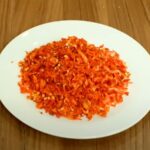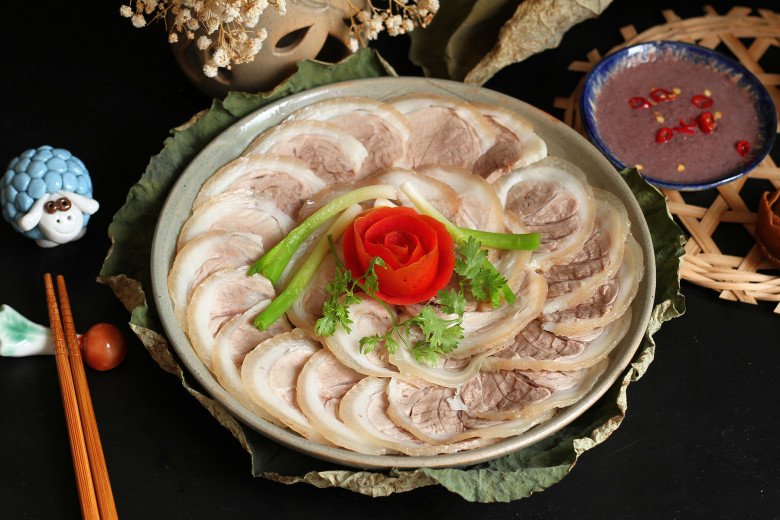
There’s nothing like a well-cooked boiled pork dish, but achieving that perfect, tender texture and flavor can be tricky. Many home cooks wonder why their boiled pork dishes don’t turn out as fragrant as they’d like, and they often resort to adding various spices and seasonings, thinking that these will enhance the flavor. However, some seasonings can actually detract from the natural aroma and taste of boiled pork. So, which spices should you avoid? Read on to find out.
Cooking Wine
Cooking wine is a common ingredient used to eliminate fishy odors or enhance the flavor of dishes, including meat dishes. However, it’s best not to use cooking wine when boiling pork or ribs. The alcohol in the wine doesn’t easily evaporate when cooked over low heat, and it can affect the flavor of the meat. Adding cooking wine to boiled pork can result in an unpleasant aroma.
It’s advisable to use cooking wine during the marination process or when stir-frying. Only when exposed to high heat will the alcohol in the wine instantly evaporate, effectively eliminating any fishy odors.
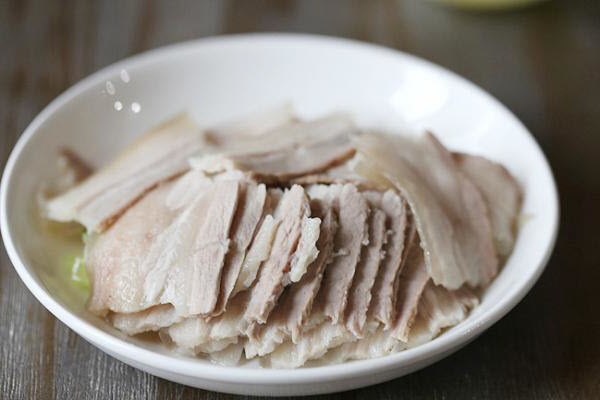
Peppercorns
Peppercorns have a very distinct aroma and add a spicy kick to dishes. They are commonly used in grilled and stir-fried meat dishes to great effect. However, when it comes to boiled pork, peppercorns are best left out.
Chefs believe that the strong aroma of peppercorns can overpower the natural fragrance of pork, taking away from the dish’s unique flavor. The potent aroma of peppercorns can also dry out the meat, making it tougher. Therefore, it’s best to avoid using peppercorns when boiling or stewing pork.
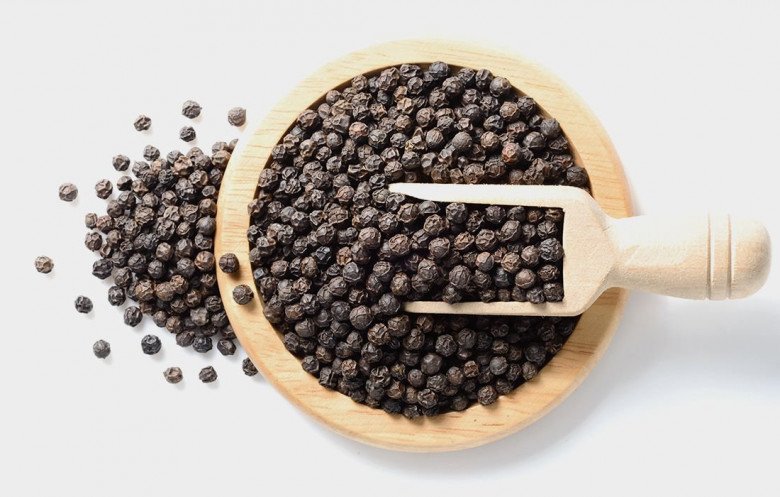
Hawthorn Fruit (Crataegus pinnatifida)
Hawthorn fruit, also known as Chinese hawthorn or Chinese crabapple, is commonly sold in traditional Chinese medicine shops and dried goods stores. While it’s true that hawthorn fruit can help tenderize meat faster, particularly in beef stews or braised beef dishes, it’s not suitable for use with boiled or stewed pork.
Chefs explain that pork has a softer texture than beef, so there’s no need to use hawthorn fruit. Moreover, the fruit’s sour taste can affect the natural fragrance of the pork.

So, What Spices Should You Use for Boiled Pork?
In fact, boiled pork doesn’t require a lot of spices, as they can overwhelm the natural sweetness and fragrance of the meat. Before boiling, make sure to clean the meat thoroughly. You can also soak it in rice water to remove any excess blood, reducing any fishy odor. Then, rinse it again before placing it in the pot for boiling.
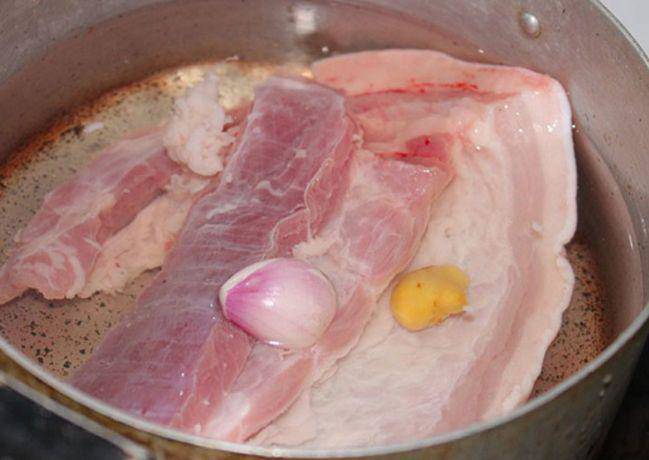
To enhance the flavor of the boiled pork, add a crushed clove of garlic or two sprigs of scallions to the pot. These ingredients will help eliminate any unpleasant odors from the meat. Regularly skimming off the foam will also help to improve the meat’s texture and reduce any strong smells.
Additionally, if you want to prevent the meat from turning brown during boiling, add a little vinegar and salt to the pot before adding the meat. Bring the water to a boil, then add the meat and cook for three minutes. After that, discard the water, rinse the meat with warm water, and boil it again in a fresh pot of water until it’s cooked to your liking.
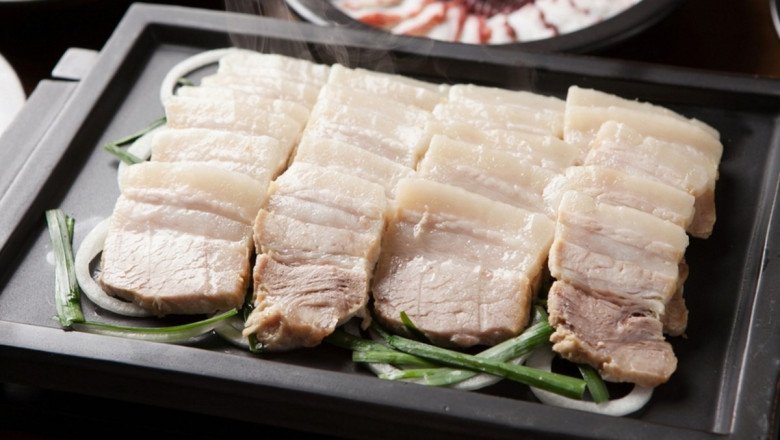
Good luck, and happy cooking!
The Ultimate Guide to Spicing Up Your Meat: 3 Spices to Avoid for a Delicious Broth
“Boiled meat is a popular dish due to its simplicity and delicious flavor. However, there are three key seasonings that should be avoided when boiling meat to preserve its taste. These seasonings can overpower the natural flavors of the meat and ruin the dish. By excluding these ingredients, you can ensure a tasty and appetizing meal every time.”




























